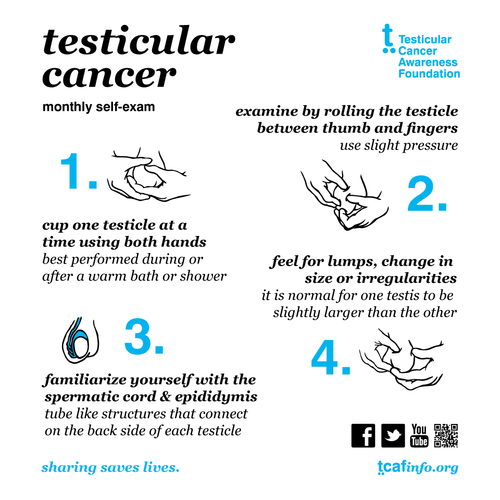A dose of ‘man flu’ is often more painful for the partner than the person suffering from it! Men are known to be big users of Dr Google when it comes to researching their ‘symptoms’.
But when it comes to booking an appointment to see their GP, statistics show that men have an aversion to doctor’s surgeries, which can be bad for their health.
It’s important for partners, family and friends to know what to look for and when to encourage them to go to, what could be, a very important visit to the GP.

Mr Hrishi Joshi, a Consultant Urologist at Spire Cardiff Hospital, explains how the male body changes over time, meaning certain health issues and problems can arise.
Sexual and reproductive functions, urinary tract changes affecting bladder and prostate and endocrine changes influencing testosterone and related hormones, are all possible but, in many cases, are also very treatable.
Most of the physiological changes are well known and start from puberty onwards. Similar physiological changes take place in the midlife and elderly age group, affecting sexual and urinary functions but, also general body systems such as muscle mass, cardiac function, bone density.
More common after the age of 50 are things such as enlarged prostate (benign or malignant) and bladder problems causing lower urinary tract disorders such as increased frequency and urgency in the need to pass water.
In some cases, men may also experience urinary incontinence which can have a negative effect on daily life, as normal run-of-the-mill activities are dictated by the availability of toilet facilities.
The causes of prostate cancer are largely unknown but what is certain is that chances of developing it increase in men over 50-years-old. Men whose father or brother has been affected by prostate cancer are also at a higher risk of being affected themselves.
A blood test known as a prostate-specific antigen (PSA) test can be the first step to checking for cancer but this can only supply an indicator and the most common test usually involves a ‘digital examination’. That means the doctor feeling inside the man’s back passage.
It usually takes less than a minute, is relatively painless and can save your life! So, what are you waiting for?
The good news is that, if spotted in time, prostate cancer is very treatable with the latest figures illustrating that 84% of those treated live for 10 years or more after treatment.
Benign enlargement of the prostate can cause lower urinary tract symptoms that can affect bladder and kidney function in the longer term.
Worsening symptoms, such as getting up in the night or spending more time in the loo can be spotted by the partners who could encourage the patient to seek advice.
Similarly, erectile dysfunction is another area that might need attention and could well be treated. It can also bring other potential problems, such as prostate, endocrine or vascular diseases to light. Mr Joshi said: “The key to successful treatment is down to men facing up to the fact that they might have a problem and seeking medical help as soon as possible. It is well known that men tend to keep things bottled up when it comes to medical issues but that really is the worst thing they can do.”
“Early prostate cancer may have no symptoms so don’t wait for them to appear. If you are 50 years old you could be getting yourself checked. That age drops to 45 if you are black or have a father or brother who has had prostate cancer.”
“It’s a simple examination that could be followed by a blood test, after discussion of the options, - there is no need to be frightened or embarrassed.”
Testicular Cancer:

Photo credit: Testicular Cancer Awareness Foundation
A typical sign of testicular cancer is a painless swelling or lump in one of the testicles. Although not all lumps found in the scrotum will be cancerous; many will be benign cysts. It is very important to get any lump checked out as soon as possible!
Mr Joshi said: “You should also watch out for any change in size or texture of the testicles.”
“Other symptoms can include an increase in the firmness of a testicle, a dull ache or sharp pain in your testicles or scrotum or a feeling of heaviness in your scrotum.”
“If you do have testicular cancer, the sooner treatment begins, the greater the likelihood that you’ll be completely cured.”
However, if you are worried about anything please visit your GP. There’s nothing to be embarrassed about and it could save your life!











